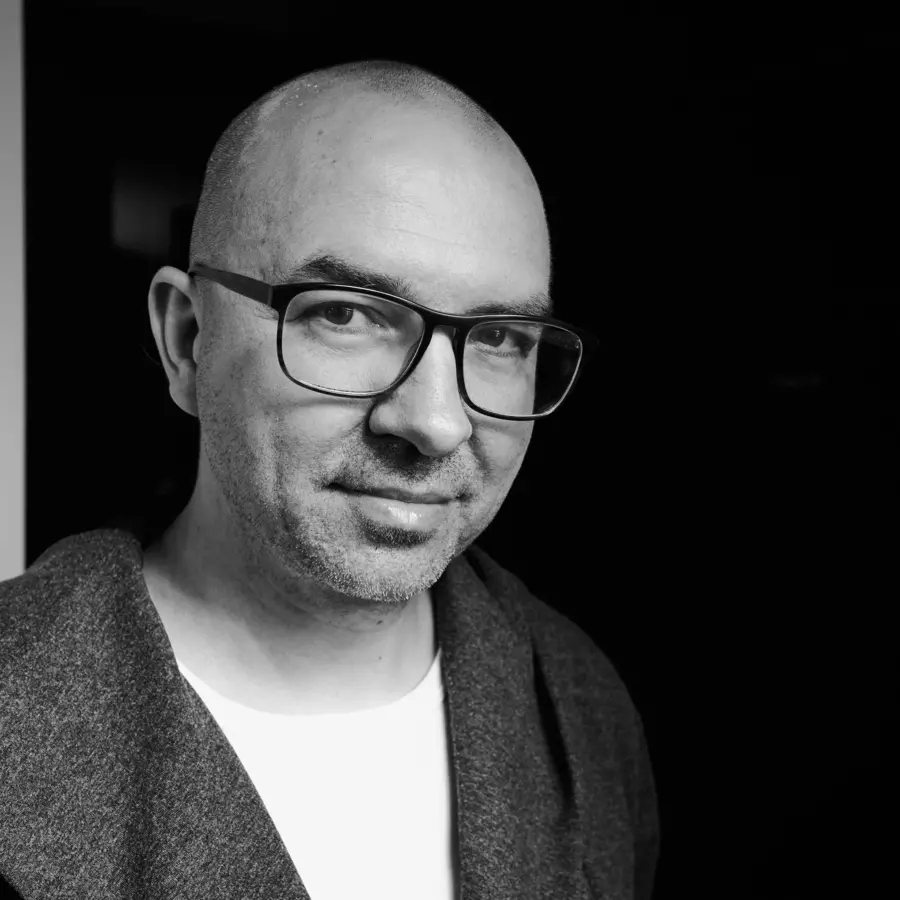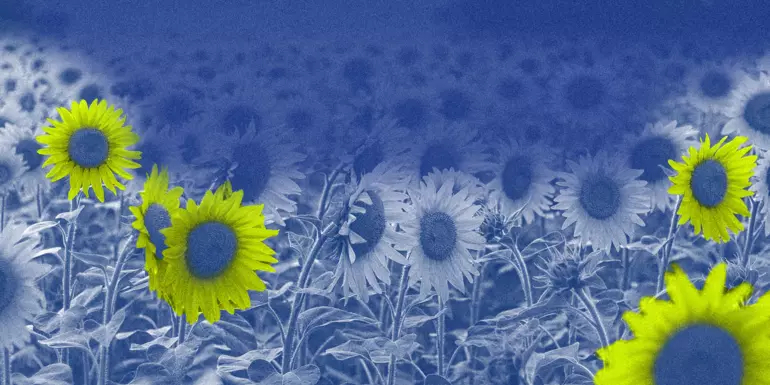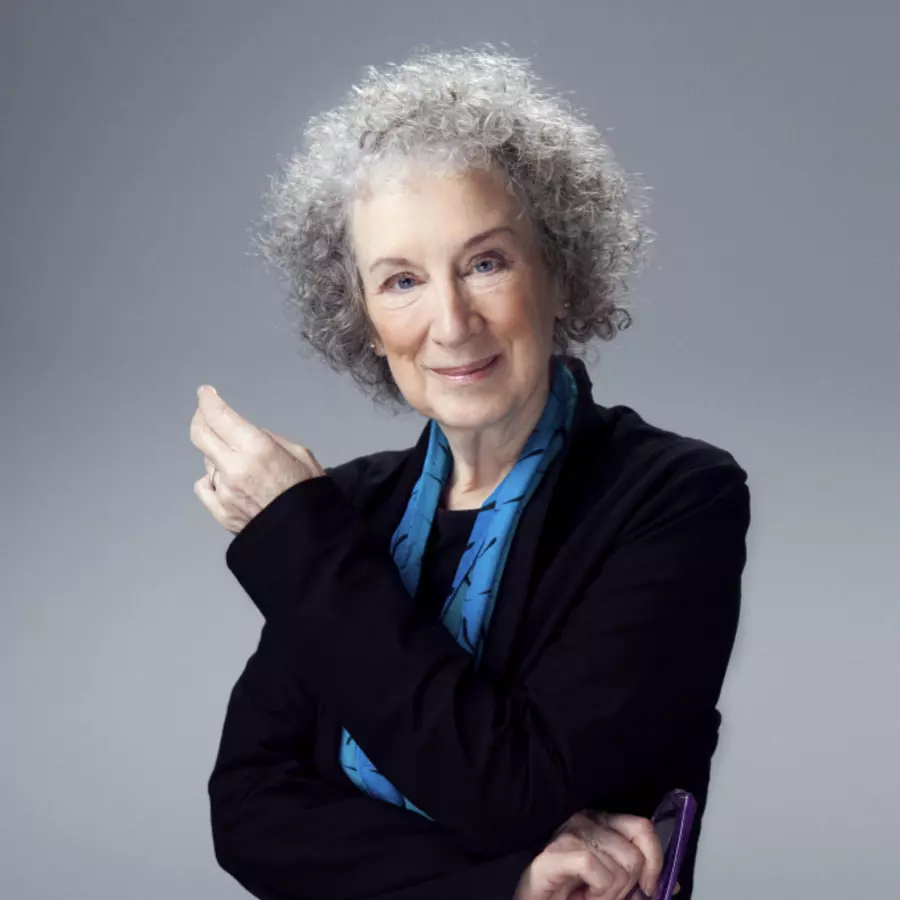
Crisis Literature
Margaret Atwood
Abstract: Interview
Author: Margaret Atwood is the author of eighteen novels, including Life Before Man, The Handmaid’s Tale, and The Heart Goes Last. She has also written eighteen books of poetry, eleven works of non-fiction, nine collections of short stories, eight children’s books, and two graphic novels. She has won numerous literary awards, including the Booker Prize, the Franz Kafka Prize, and the Governor General’s Award, and she is a founder of the Griffin Poetry Prize and the Writer’s Trust of Canada.
Thinking About Freedom in Wartime Ukraine
Timothy Snyder
Author: Timothy Snyder is Richard C. Levin Professor of History at Yale University. He is the author of Nationalism, Marxism, and Modern Central Europe, The Reconstruction of Nations: Poland, Ukraine, Lithuania, Belarus, 1569-1999, Bloodlands: Europe Between Hitler and Stalin, On Tyranny: Twenty Lessons from the Twentieth Century, and The Road to Unfreedom: Russia, Europe, and America. Snyder’s work has been translated into forty languages, he has received state orders from Estonia, Lithuania, and Poland, and he is the winner of the Hannah Arendt Prize in Political Thought.
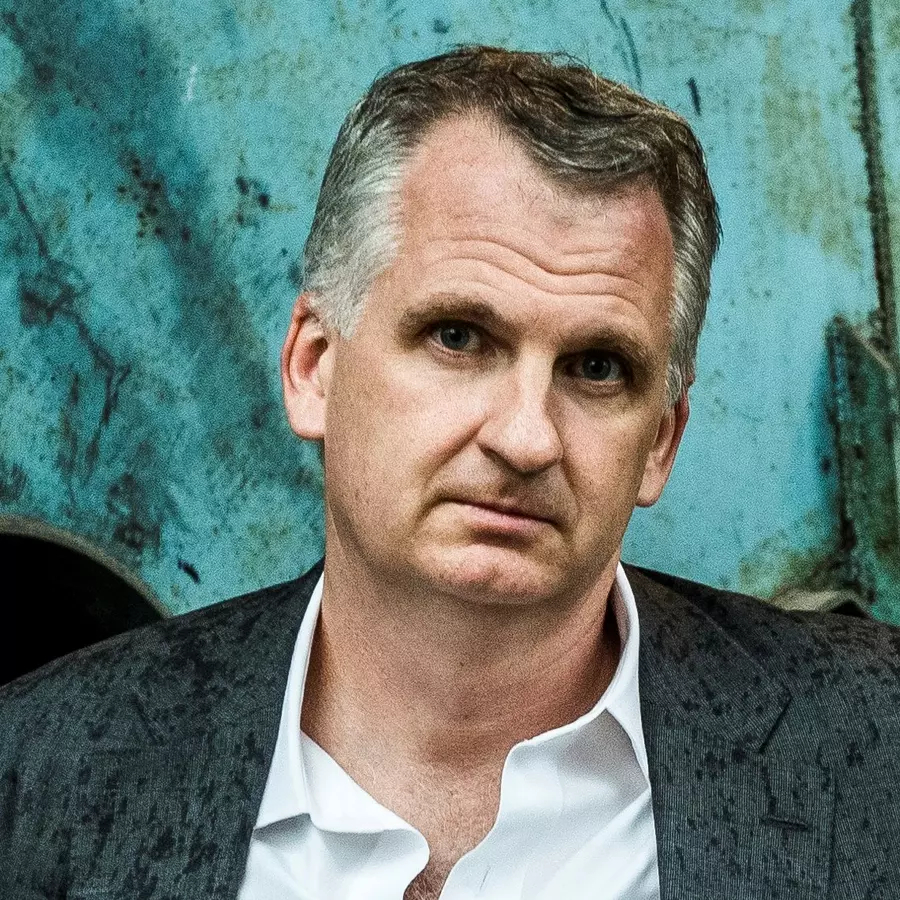
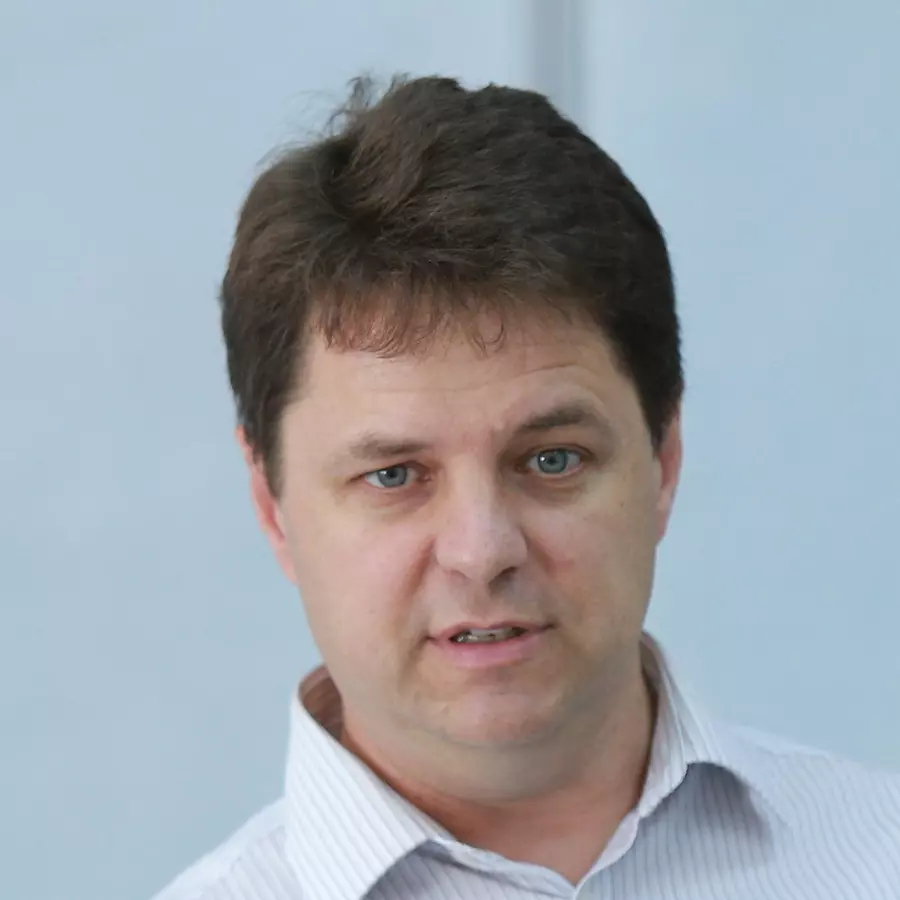
Grappling with Evil: An Intellectual Delineation of War, Atrocity, and Attempted Genocide
Mychailo Wynnyckyj
Abstract: According to the International Military Tribunal, aggression is “the supreme international crime” because “it contains within itself the accumulated evil of the whole”.
Evil of what whole? Since Augustine and Acquinas, western philosophy has preached that Evil is the absence of Good. Hegel and Heidegger supported this claim: Evil is privation, absence, deficiency. Humanity on the whole is good. Evil has no independent existence.
But as we see in the events of Russia’s war in Ukraine, Evil exists not as a shortfall or defect. It seems to be an ontological category, and worse – it has agency. Evil exists in the Russian soldiers who brutally raped and massacred civilians in Bucha, Izyum, Kherson and other towns throughout Ukraine. It exists in the Russian soldiers who murdered children in Mariupol, and in the field commanders who indiscriminately attack civilian houses, schools, hospitals…
Axiomatic principles of western philosophy claim that humans are fundamentally good, but capable of error. In this context, Russians barbarism is beyond comprehension. Putin’s aggression (like Hitler’s) seems to evidence a different ontology. And there is nothing banal about it.
Without providing definitive answers, this contribution - by a witness of Russia’s war in Ukraine - questions the validity of our understanding of the human condition: namely, that humans fundamentally crave Good. Lived experience demands explanation: in the 21st century, how does one account for the existence of Evil?
Author: Mychailo Wynnyckyj teaches at the National University “Kyiv-Mohyla Academy” and was recently appointed Vice President for Research and Graduate Studies. Until early 2022, he served as Head of the Secretariat of Ukraine’s National Agency for Higher Education Quality Assurance, and prior to that as an Advisor to three of Ukraine’s Ministers of Education.
Originally from Canada, Mychailo has lived permanently in Kyiv for almost two decades. He was awarded a PhD in 2004 from the University of Cambridge and he gained Ukrainian citizenship in 2019.
Mychailo is a regular commentator for English-language media outlets, including CNN, FoxNews, AlJazeera, BBC, CBC, CTV, KyivPost, and others, and he provides analysis on current events in his “Thoughts from Kyiv” blog. His book, Ukraine’s Maidan, Russia’s War: A Chronicle and Analysis of the Revolution of Dignity, was published in English in 2019, and in Ukrainian translation in 2021.
He is currently a Research Fellow at the Ukrainian Research Institute at Harvard University.
Thinking in Dark Times
Volodymyr Yermolenko
Abstract: Thinking is an existential practice. It is not a play, not a comfortable game, it is a reflection about life and death, darkness and light. Thinking appears when the question “to be or not to be” is no longer a question of literary history. I will ask in my lecture what the dark times of today are teaching us about life and death, good and evil, and society and humanity.
Author: Volodymyr Yermolenko is a Ukrainian philosopher, journalist, and writer. He is the President of PEN Ukraine, the analytics director at Internews Ukraine, one of the biggest and oldest Ukrainian media NGOs, and the editor-in-chief of UkraineWorld.org, a multimedia project in English about Ukraine. He is also an Associate Professor at Kyiv-Mohyla Academy, and he has written numerous articles in Ukrainian and international media, including The Economist, Le Monde, The Financial Times, The New York Times, and Newsweek. His texts and interviews have been published in Ukrainian, English, French, German, Polish, Italian, Russian, Dutch, Norwegian, Czech, Greek, Chinese, and a host of other languages.
